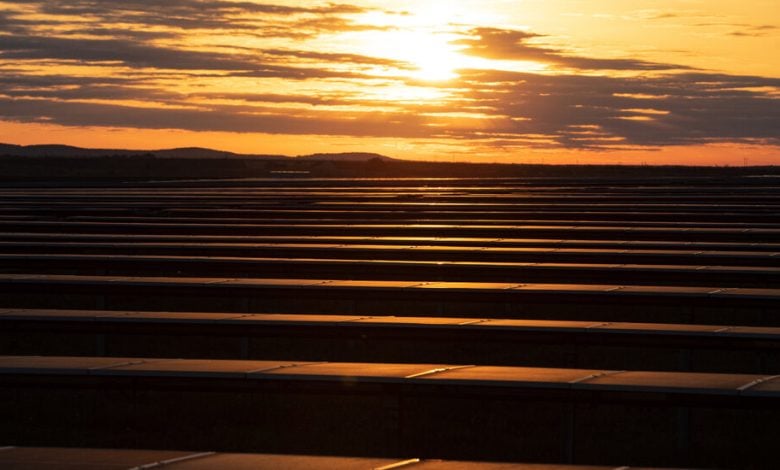Why the Solar Eclipse Will Not Leave People Without Power

When the sky darkens during next month’s solar eclipse, electricity production in some parts of the country will drop so sharply that it could theoretically leave tens of millions of homes in the dark. In practice, hardly anyone will notice a sudden loss of energy.
Electric utilities say they expect to see significant decreases in solar power production during the eclipse but have already lined up alternate sources of electricity, including large battery installations and natural gas power plants. Homeowners who rely on rooftop solar panels should also experience no loss of electricity because home batteries or the electric grid will kick in automatically as needed.
At 12:10 p.m. on April 8, the solar eclipse will begin over southwestern Texas, the regional electrical system perhaps most affected by the event, and last three hours.
“I don’t think anything is as predictable as an eclipse,” said Pedro Pizarro, president and chief of executive of Edison International, a California power company, and the chairman of the Edison Electric Institute, a utility trade organization. “You can prepare.”
This year’s solar eclipse will darken the sky as it passes over a swath of Mexico, the United States and Canada. That leaves solar energy systems — one of the nation’s fastest growing sources of electricity — vulnerable.
Although solar power produces only when the sun shines, forecasters can generally predict pretty well how much electricity panels will produce on any given day depending on the weather. That helps utility and grid managers make sure they have other sources of energy available to meet consumer needs.
